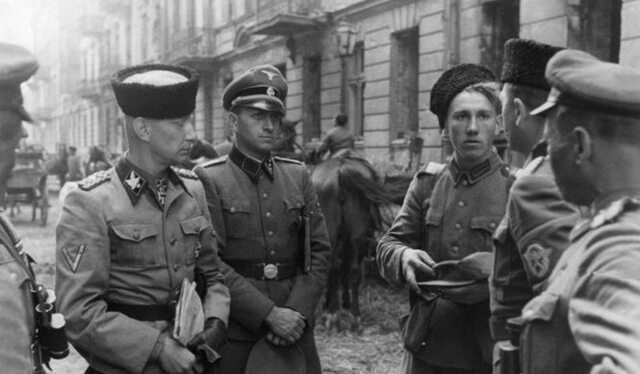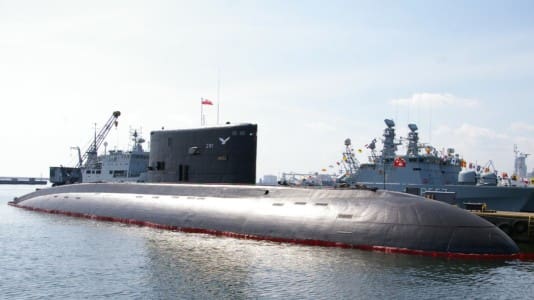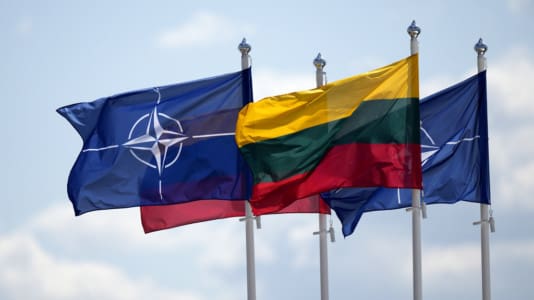On the anniversary of the massacre of the inhabitants of the Warsaw district of Wola in 1944, the Memory March took place through the city streets.
The Wola Massacre, which took place after the outbreak of the Warsaw Uprising in August 1944, is one of the biggest crimes committed by the Germans on civilians during World War II. The number of murdered is, according to different estimates, between 25,000 and 60,000.
Women, children, and men were shot or burned alive by the Germans and, by collaborating with them, Ukrainian and Russian units. The massacre was accompanied by brutal rapes and looting. The scale and cruelty were so shocking that the perpetrators created a special Verbrennungskommando (burning commando) in order to obliterate the evidence of their crime. Its members were Polish men who were forcibly conscripted and had to burn thousands of bodies. After completing the task, all of them, except a few escapees, were shot.
“The Wola Massacre was the largest single crime against civilians during the German occupation. From the beginning, there was an intention to erase its traces,” explained Professor Wanda Jarząbek from the Institute of Political Studies of the Polish Academy of Sciences (PAN).
After the war, the Wola Massacre was overlooked during the Nuremberg Trials. A glaring example is the fate of Heinz Reinefarth, the commander of the units sent for the extermination of the Wola population. The criminal not only evaded responsibility but also pursued a political career in West Germany. He became the mayor of the town of Westerland, and from 1958 to 1967, he sat in the Schleswig-Holstein Landtag (state parliament).
“After the war, the Polish side repeatedly requested the extradition of Reinefarth. Proceedings against him took place several times, and each time they were stopped because it allegedly could not be established that Reinefarth knew about what was happening in Wola,” said historian, Dr. Patrycja Grzebyk.
‘When you read the documentation of the proceedings that took place before German courts, it is terrifying how easily one could escape responsibility,” she explained.
Upon receiving news of the uprising, Nazi leader Adolf Hitler issued an order to suppress the rebellion, destroy the city, and exterminate the inhabitants. At first, they planned to accomplish this through massive Luftwaffe bombings after evacuating Germans from Warsaw.
However, the attacks by the insurgents cut off the German units’ retreat. Hitler, therefore, decided that the uprising could only be quelled by ground forces.





